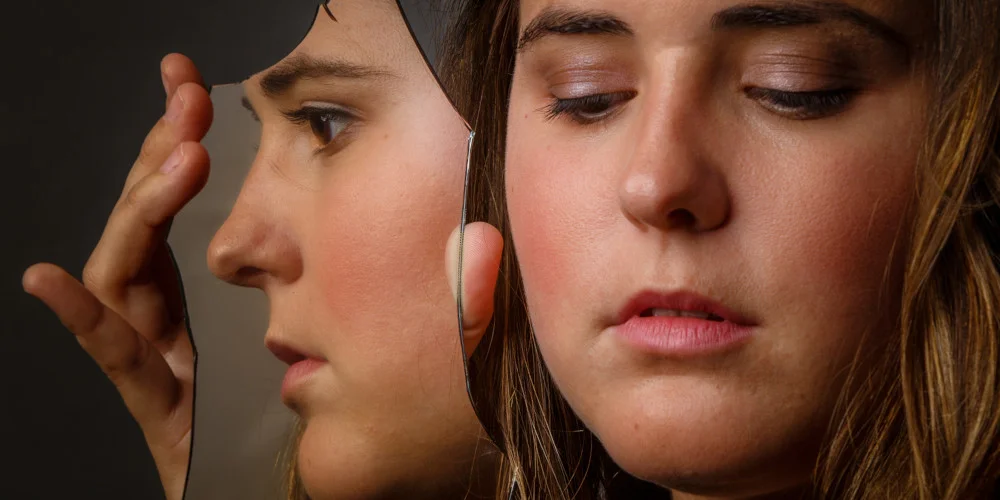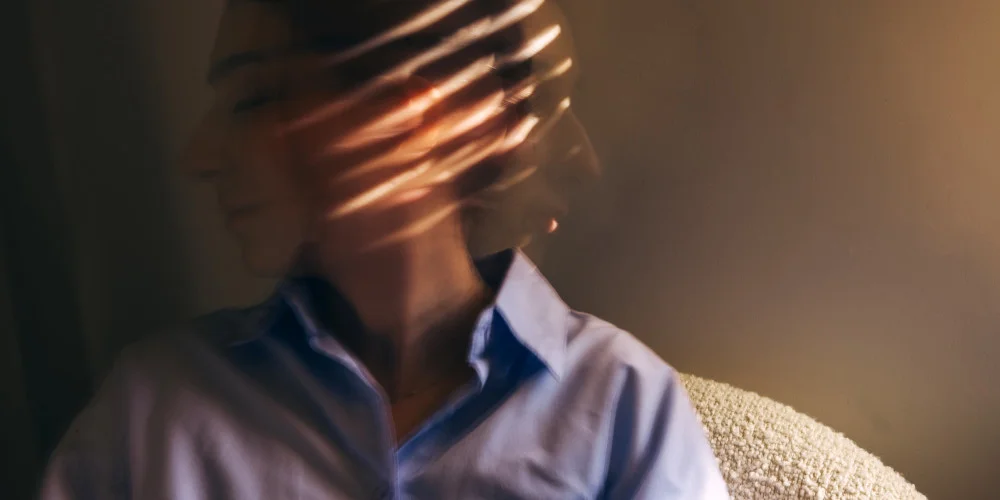Not every addiction looks like chaos. Some wear a cross. Some quote scripture. Some stand behind pulpits or meditate in silence. It’s a subtle transformation, the addict swaps the bottle for a Bible, the dealer for a deity, the drug for devotion, and everyone applauds. But beneath the praise and purity, the pattern remains, obsession, control, and avoidance. It’s not faith that’s the problem. It’s when faith becomes the fix.
For many people leaving addiction, religion offers structure, community, and hope, all essential to healing. But for some, it becomes another way to escape the self. When the need for relief is simply transferred from one object to another, the addiction hasn’t ended, it’s just been sanctified.
The Holy High
Every addict knows the feeling, the rush of certainty, the relief of belonging, the comfort of being told what’s right and wrong. Religion, when misused, provides the same neurological payoff. It gives order to chaos, purpose to pain, and identity to those who’ve lost theirs.
In early recovery, this can feel like salvation, literally and figuratively. You trade the unpredictability of addiction for the security of doctrine. You finally have rules to follow, people who understand, a God who forgives. But soon, the devotion can turn compulsive. Prayer becomes penance. Faith becomes performance. Guilt becomes the new hangover.
This isn’t spirituality. It’s substitution. It’s the addict’s mind looking for a new ritual, a new reward system, a new way to avoid the unbearable quiet of self-confrontation. The altar just replaced the bar.
From Powerlessness to Control
Recovery teaches surrender. Religion can sometimes offer the illusion of control. The addict who once chased chaos now clings to certainty, believing that if they pray hard enough, behave well enough, believe deeply enough, they can finally be safe. But that’s not faith. That’s fear wearing holy robes.
Addiction and fanaticism share the same root, discomfort with uncertainty. Both are desperate attempts to avoid vulnerability. Where drugs numb emotion, rigid belief numbs doubt. Both shut down curiosity. Both keep you from being fully human.
It’s not about the religion itself, it’s about what the addict’s brain does with it. The need for control that once drove substance use now drives spiritual superiority or moral rigidity. The pendulum swings from chaos to control, but balance remains elusive.
The God Complex
For some, religion becomes a new form of ego. They move from “I’m worthless” to “I’m chosen.” From shame to sanctimony. It’s the same self-obsession, just inverted. Instead of being the worst person in the room, they’re now the holiest. Instead of chasing pleasure, they chase purity. It feels different, but it’s the same addiction to identity, needing to feel special, certain, above.
Others take on the role of saviour. They start rescuing others “in God’s name,” preaching redemption while avoiding their own healing. They swap manipulation for ministry, guilt for guidance. And while the language changes, the behaviour doesn’t. It’s still about control. It’s still about power. It’s still about the need to fix others to avoid fixing yourself.
The Church of Avoidance
Not all religion in recovery becomes unhealthy. For many, faith is the anchor that keeps them alive. But for some, religion becomes a socially acceptable escape route, one that allows you to stay disconnected while appearing virtuous.
You can hide behind “God’s will” to avoid accountability. You can use scripture to justify resentment. You can replace emotional honesty with religious ritual. You can convince yourself that suffering is noble, that guilt is holy, and that doubt is sin. All of these beliefs keep you in the same place addiction did, trapped in avoidance, terrified of imperfection, and disconnected from genuine feeling.
In recovery, there’s a term for this, spiritual bypassing. It’s when you use spirituality to sidestep the messy human work of growth. Instead of facing trauma, you pray it away. Instead of setting boundaries, you call it forgiveness. Instead of taking responsibility, you surrender it to a higher power, not out of faith, but out of fear.
Faith vs. Fixation
Faith, in its purest form, is trust, trust in something greater, trust in life’s process, trust that you can survive discomfort without escaping it. Addiction, on the other hand, is the opposite of trust. It’s control disguised as relief. It says, “I can’t handle this feeling, so I’ll find something to fix it.” When faith turns into fixation, it stops being faith.
True spirituality invites questions, discomfort, and doubt. It doesn’t demand certainty, it demands courage. It doesn’t silence fear, it sits beside it. When recovery is rooted in real faith, it’s flexible. It allows for failure. It embraces growth. It knows that grace and accountability can coexist.
The danger comes when religion becomes rigid, when you replace the drug that numbed your pain with a doctrine that numbs your thinking. Then you’re not recovering. You’re just switching addictions.
The Neurochemistry of Belief
It’s not just metaphorical, religious highs have a biochemical basis. Studies show that intense prayer, worship, or meditation can release dopamine and serotonin, the same neurotransmitters triggered by drugs, gambling, or sex. These experiences can be deeply healing, but they can also become addictive. The addict’s brain learns quickly, “When I do this, I feel good.” Soon, they chase spiritual ecstasy the same way they once chased chemical euphoria.
You see it in the language, “I need to feel the Spirit.” “I can’t miss a meeting or I’ll lose my peace.” “If I don’t stay devoted, bad things happen.” This isn’t faith, it’s dependency. It’s the same loop of craving, ritual, and relief, wrapped in religious packaging.
When Guilt Becomes the New Withdrawal
Addicts are experts in shame. When religion turns punitive, it becomes the perfect environment for self-condemnation. You’re never good enough, never pure enough, never faithful enough. You live in constant fear of disappointing God instead of disappointing your dealer. The punishment just changes vocabulary.
This kind of spiritual guilt mirrors withdrawal. It’s the same restlessness, the same need to atone. You feel dirty without even knowing why. And so you overcompensate, more prayer, more repentance, more service, chasing a sense of spiritual “sobriety” that’s as fragile as the old kind.
Real faith doesn’t demand perfection. It demands honesty. Recovery doesn’t need saints, it needs humans. Broken, messy, honest humans who are willing to face their shadows instead of hiding them behind light.
Healing Beyond the Binary
The goal isn’t to abandon religion, it’s to reclaim it. To separate faith from fixation. To let spirituality be a tool for healing, not another weapon of control. Healthy spirituality expands your world, addictive religion shrinks it.
If your belief system makes you afraid of questioning, you’re not practicing faith, you’re practicing fear. If it isolates you from others, it’s not holiness, it’s avoidance. If it demands constant self-denial, it’s not growth, it’s another form of self-destruction.
Recovery through spirituality is possible, but it has to be grounded in humility, not hubris. In community, not conformity. In truth, not trauma.
Real Redemption
When spirituality becomes recovery instead of addiction, it’s no longer about escape. It’s about integration. It’s about learning to hold both your humanity and your hope without needing to erase one for the other.
True redemption doesn’t come from punishment or purity, it comes from presence. From staying with yourself even when you feel unworthy. From admitting that sometimes, the most spiritual thing you can do is put down the doctrine and sit with your discomfort.
Faith can save lives, but only when it frees you. When it reminds you that grace is not earned through suffering, that doubt isn’t failure, and that healing isn’t about becoming holy, it’s about becoming whole.




